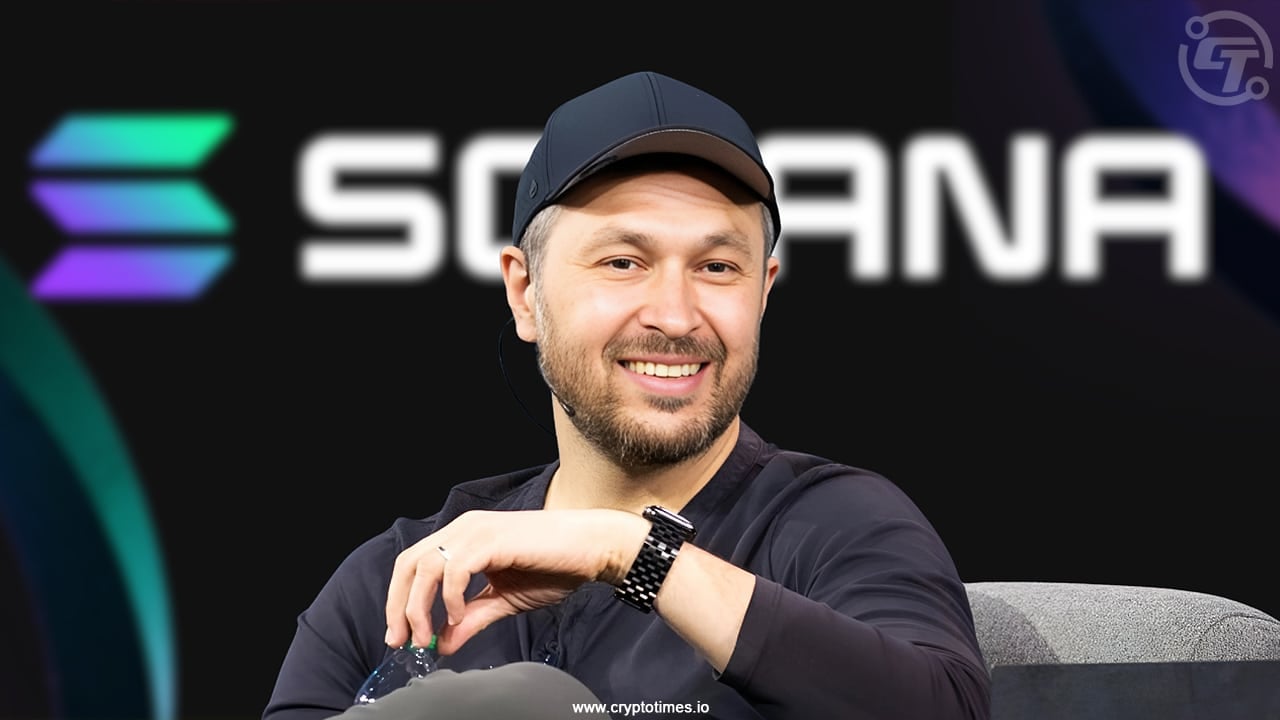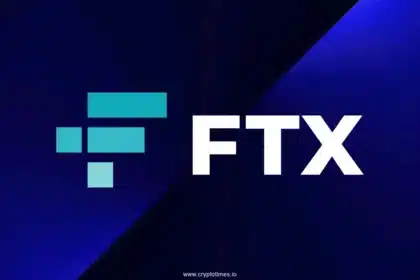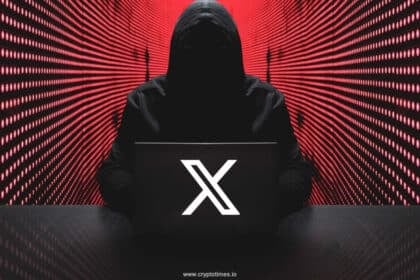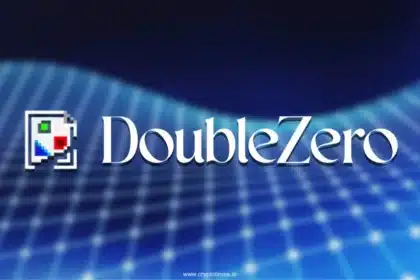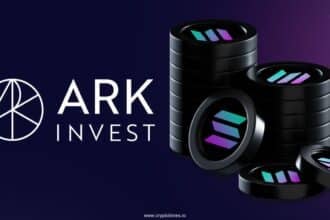At the All-In Summit, Solana co-founder Anatoly Yakovenko addressed what he calls one of the most pressing challenges for blockchain: quantum computing. He warned that the industry cannot ignore the possibility of breakthroughs that could compromise current cryptography.
“Honest answer, I feel like 50/50 within 5 years, there is a quantum breakthrough,” Yakovenko said. He emphasized that preparing for quantum-resistant systems is critical, adding, “We should migrate Bitcoin to a quantum-resistant signature scheme.”
Yakovenko’s words show that the crypto world is facing some real uncertainty. Blockchain has come a long way, but quantum computers could one day break the digital signatures we rely on today. Solana’s team is already looking into ways to protect the network from this, and it’s clear that staying ahead of these risks will be a priority for all big crypto players.
Bitcoin, L1s, and L2s
Yakovenko said different blockchains do different things. Bitcoin is the safest for sending or holding money. Ethereum lets you build apps and smart contracts on it. Then there are Layer 2s like Arbitrum and Optimism on top of Ethereum that make transactions faster and cheaper. Together, it’s how crypto keeps things balanced—secure, quick, and usable.
Solana’s Role in the Blockchain Space
Yakovenko didn’t only talk about quantum threats, he also shared his view on how Solana fits into the wider blockchain ecosystem. Unlike Ethereum, which he calls mainly a settlement layer, Solana is built as an execution layer.
The network is designed for speed, handling tens of thousands of transactions per second without compromising security. “We designed Solana to handle tens of thousands of transactions per second without compromising security,” he said. Solana’s speed and decentralization make it a strong option for big apps and even institutional projects.
Yakovenko also pointed out some trends in crypto, like turning real-world assets into tokens and projects where creators can connect directly with their fans. He sees a lot of opportunities there. On regulations, he stayed cautiously hopeful: “Once we have enough clarity, it could totally happen.”
Looking Ahead
Yakovenko’s points highlight both the upside and the risks in blockchain. Quantum computing, regulatory uncertainty, and new use cases mean networks need to stay adaptable and ready. He also gave credit to Bitcoin’s stability and Ethereum’s role but stressed that Solana is all about speed, scalability, and practical, real-world use.
All in all, Yakovenko’s take is balanced. Solana is moving forward, keeping innovation and security both in mind, ready to handle whatever the blockchain world throws at it.
Also Read: Joe Lubin Hints MetaMask MASK Token Coming Sooner Than Expected




